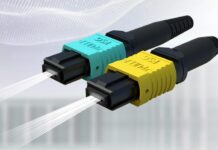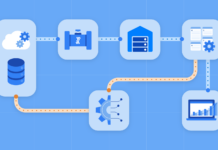The contemporary landscape workforce is changing due to the addition of remote and distributed workforces. Organizations are thus increasingly turning to employee monitoring software to ensure productivity and security. As businesses navigate a complex digital landscape, implementing employee monitoring software has become crucial to safeguard sensitive information. This article looks at how employee monitoring software can help promote information security for organizations.
The evolution of employee monitoring software
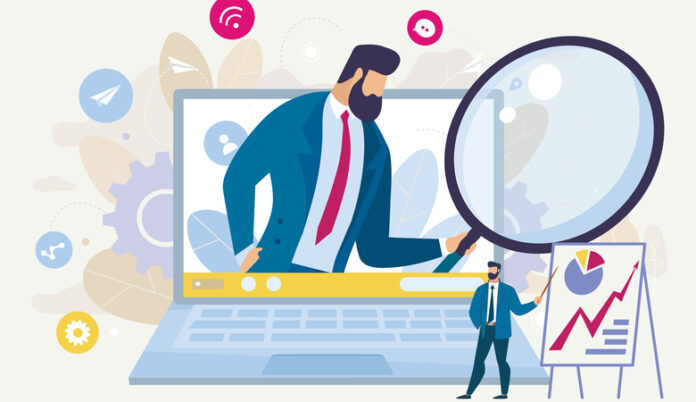
Employee monitor software has evolved far beyond its initial perception as a tool for micromanagement. In today’s ever-connected digital age, data breaches and cyber threats are rising. Therefore, these tools have become indispensable for organizations seeking to protect their intellectual property and maintain the integrity of their operations.
Because of the escalating challenges posed by the digital landscape, the strategic use of employee monitoring software is necessary for safeguarding organizational assets. The prevalence of data breaches and the increasing sophistication of cyber threats highlight these tools’ critical role in building an organization’s defenses.
Security benefits of employee monitoring software
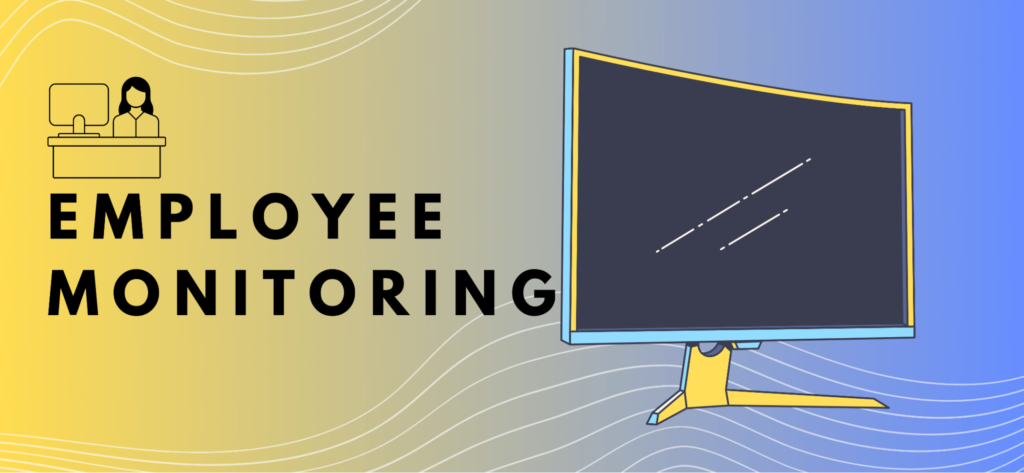
Here are some ways your organization’s security can benefit from employee monitoring software.
Protecting sensitive information
Organizations must proactively protect proprietary and confidential client data in an era where data is a prized asset. Employee monitoring software allows organizations to track and control sensitive documents and data access.
Through features like access logs, administrators can monitor who accesses specific files and when. It provides a comprehensive audit trail. The activity is a deterrent to internal threats and enables swift identification and response to unauthorized access.
It is essential to communicate that monitoring aims to protect the organization and its stakeholders. Emphasize that this approach is not about mistrust but a strategic security measure to safeguard valuable assets.
Identifying and mitigating insider threats
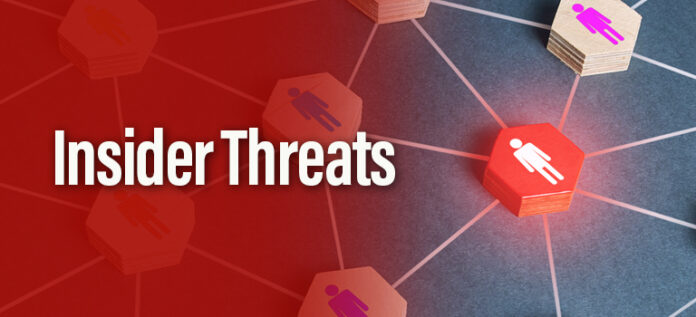
Insider threats pose a risk to organizations. Employee monitoring software is vital in identifying and mitigating these risks. Whether intentional or accidental, employees can sometimes compromise security by mishandling data or falling victim to phishing attacks.
Monitoring an employee’s computer activities helps organizations detect unusual behavior. It may include irregular access patterns or attempts to access unauthorized systems. Early detection of such activities allows for prompt intervention to minimize the potential impact of insider threats.
It is essential to communicate that employee monitoring is not to cast doubt on the integrity of team members. However, it is an activity that can build the organization’s defenses against various threats.
Regulatory compliance: a critical concern
In various industries, regulatory compliance is a critical concern that organizations must address. Failure to comply with such industry-related regulations can result in severe consequences, including legal repercussions and damage to reputation.
Employee monitoring software helps organizations meet regulatory requirements. Implementing monitoring tools allows organizations to demonstrate due diligence in safeguarding sensitive information. It is particularly vital in sectors like finance and healthcare. These sectors witness stringent regulations that dictate the handling and access of data.
Highlight the importance of regulatory compliance as a non-negotiable aspect of modern business operations. Communicate that employee monitoring software is a strategic investment in ensuring adherence to industry-specific regulations. Show how such software can safeguard the organization and its stakeholders.
Data loss prevention
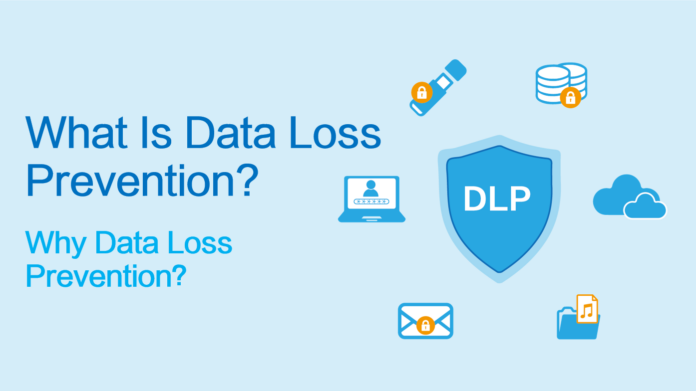
Data loss can occur through various channels, including accidental deletion and hardware failure. Employee monitoring software provides a robust line of defense against data loss. It does so by tracking data transfer activities and monitoring the use of external storage devices.
Real-time alerts and comprehensive reporting help organizations identify instances of data transfer that may pose a risk. A proactive approach allows for timely intervention to prevent potential data breaches. It also helps preserve the confidentiality and integrity of organizational data.
It is crucial to convey that data loss prevention is a shared responsibility, and that monitoring is a tool to reinforce a culture of accountability within the organization.
Monitoring remote workforces
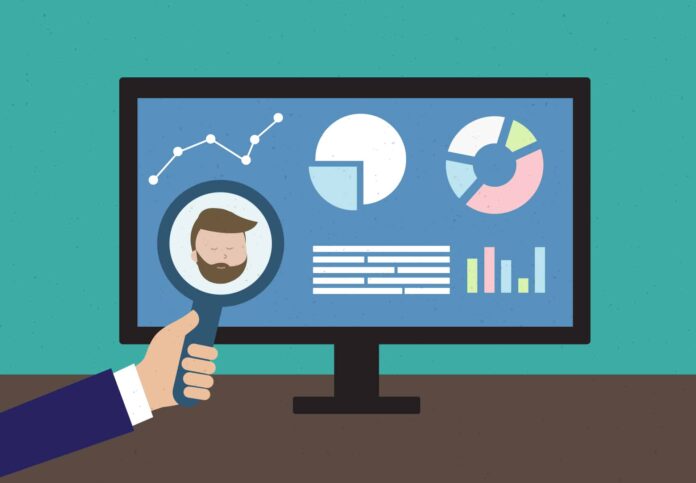
The rise of remote work has brought about new challenges for organizational security. With employees accessing sensitive information from various locations, maintaining control becomes crucial.
Employee monitoring software bridges the gap by allowing organizations to monitor remote workforces effectively. From tracking login/logout times to monitoring application usage, these tools ensure remote employees adhere to security protocols. It helps minimize the risk of unauthorized access and data breaches.
Emphasize that the goal is not to infringe on the privacy of remote employees but rather to extend the organization’s security measures to the remote environment. Effective communication is critical to gaining the trust and understanding of remote team members.
Time-stamped activity logs for audits
Maintaining comprehensive records is crucial in industries where audits are a routine part of business operations. Employee monitoring software generates time-stamped activity logs that provide a detailed account of computer activities.
These logs offer a valuable resource during audits to showcase compliance with security protocols and regulatory requirements. The ability to present a thorough record of user activities demonstrates the organization’s commitment to maintaining an accountable environment.
Communicate that implementing employee monitoring software is a proactive step toward ensuring transparency and integrity during audits. It will reflect positively on the organization’s commitment to security.
Remote security training and awareness
Employee monitoring software can also be a tool for security training and awareness. Tracking security-related activities allows organizations to identify areas where employees may need additional guidance.
The goal is to empower employees with the knowledge and skills to respond to potential security threats. The approach will help foster a culture of continuous improvement and shared responsibility for organizational security.
Bottom line
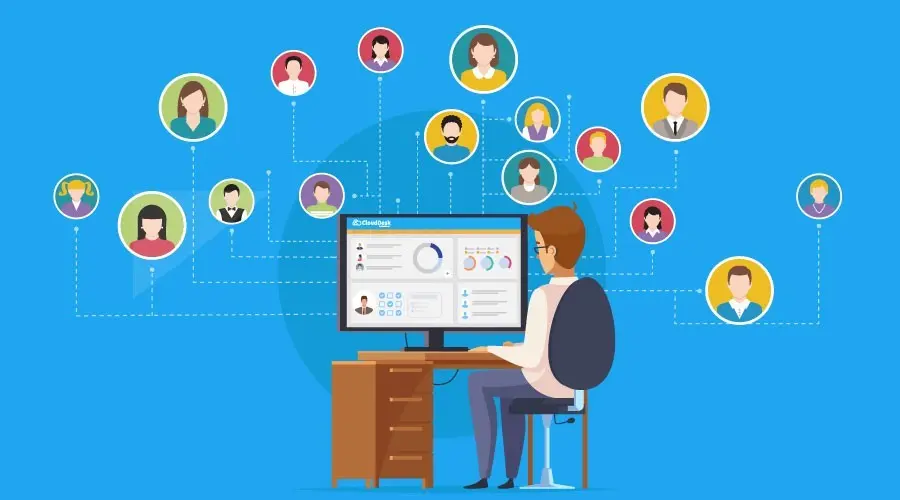
When implemented ethically and with a focus on security, employee monitoring software offers substantial benefits. It helps organizations protect their assets and maintain regulatory compliance. The emphasis should be on fostering a culture of security and accountability. Furthermore, there should be clear communication about the purpose and benefits of monitoring. The strategic use of employee monitoring software becomes an integral part of an organization’s approach to security in the modern workplace.

